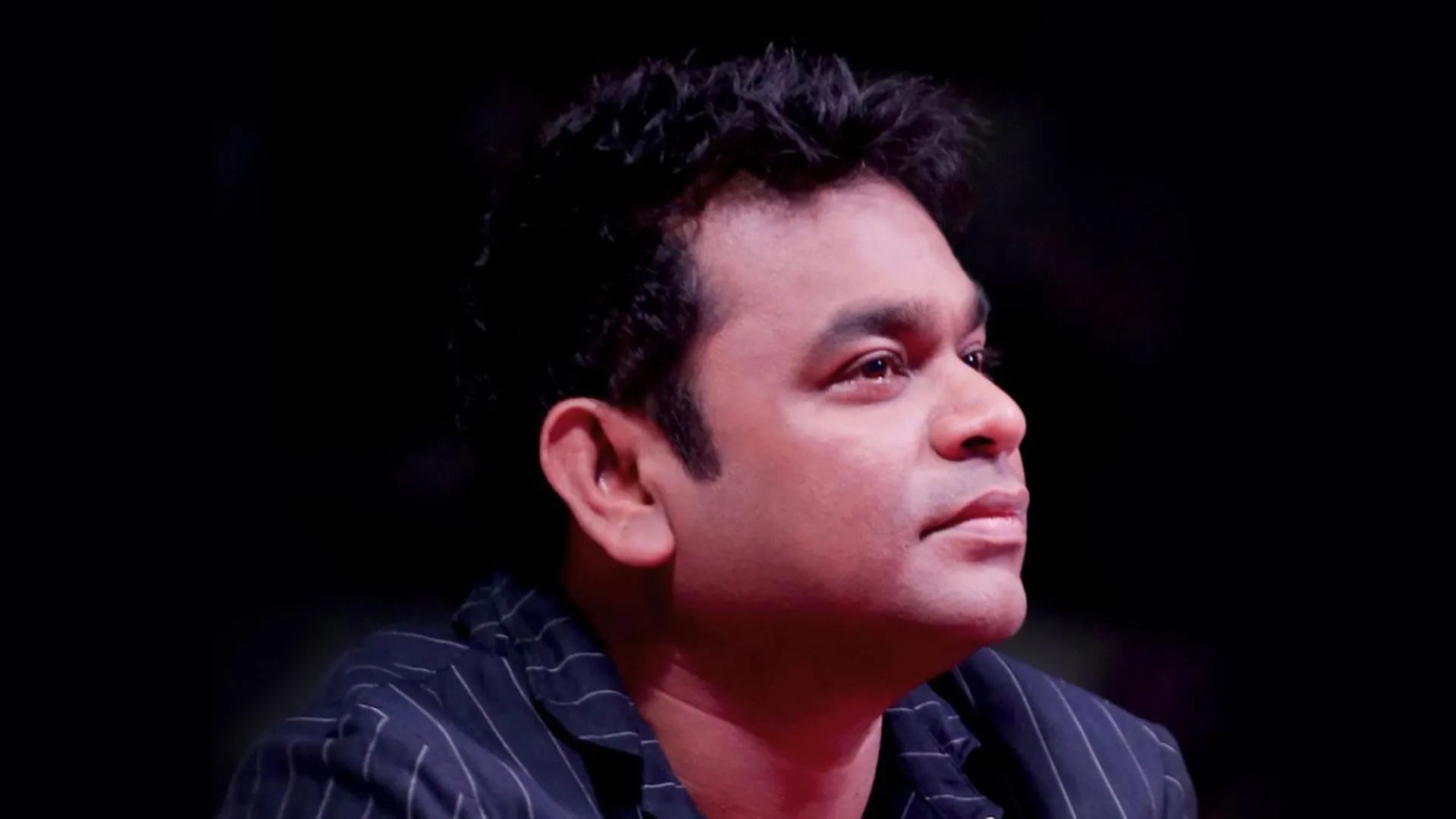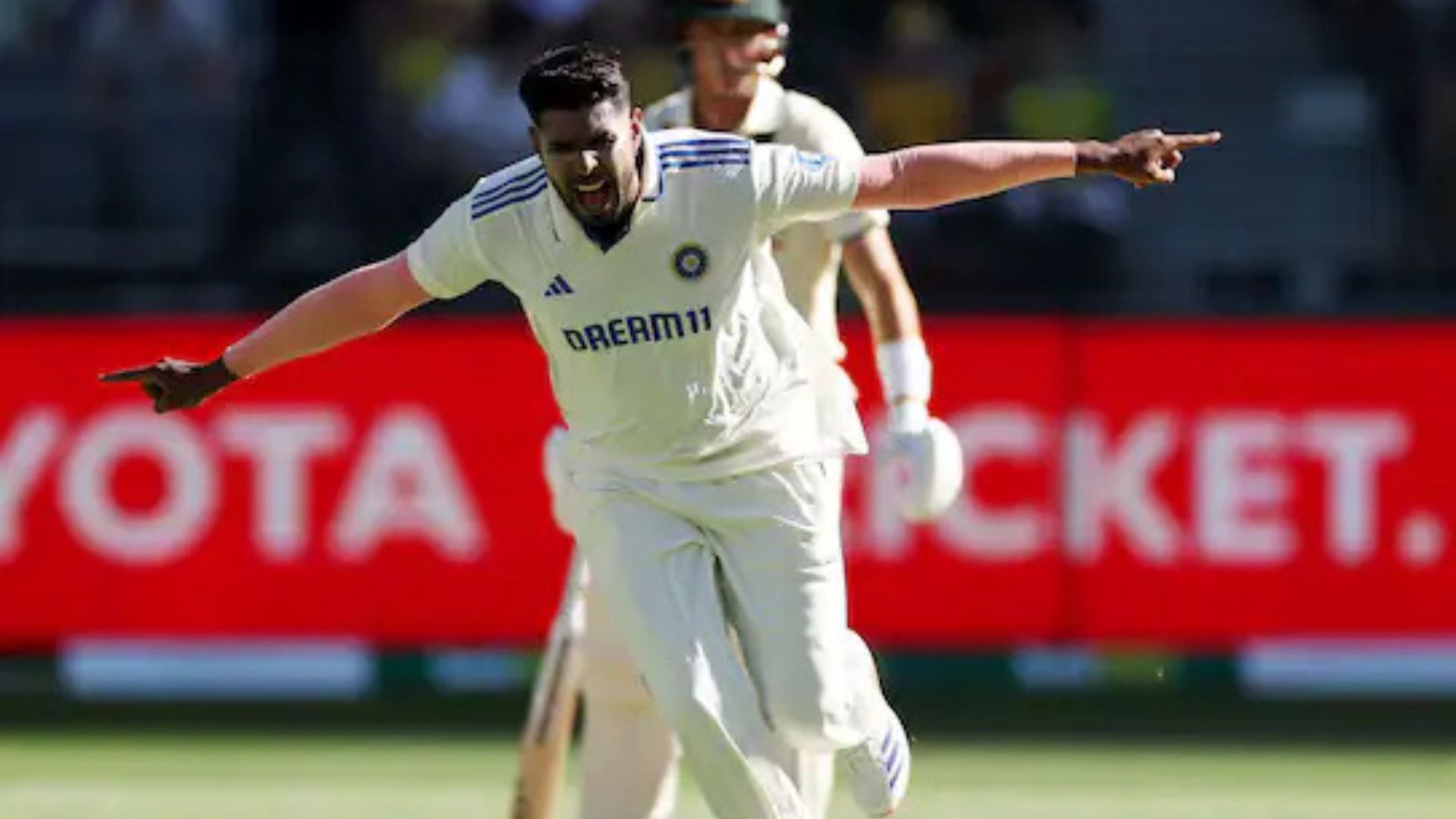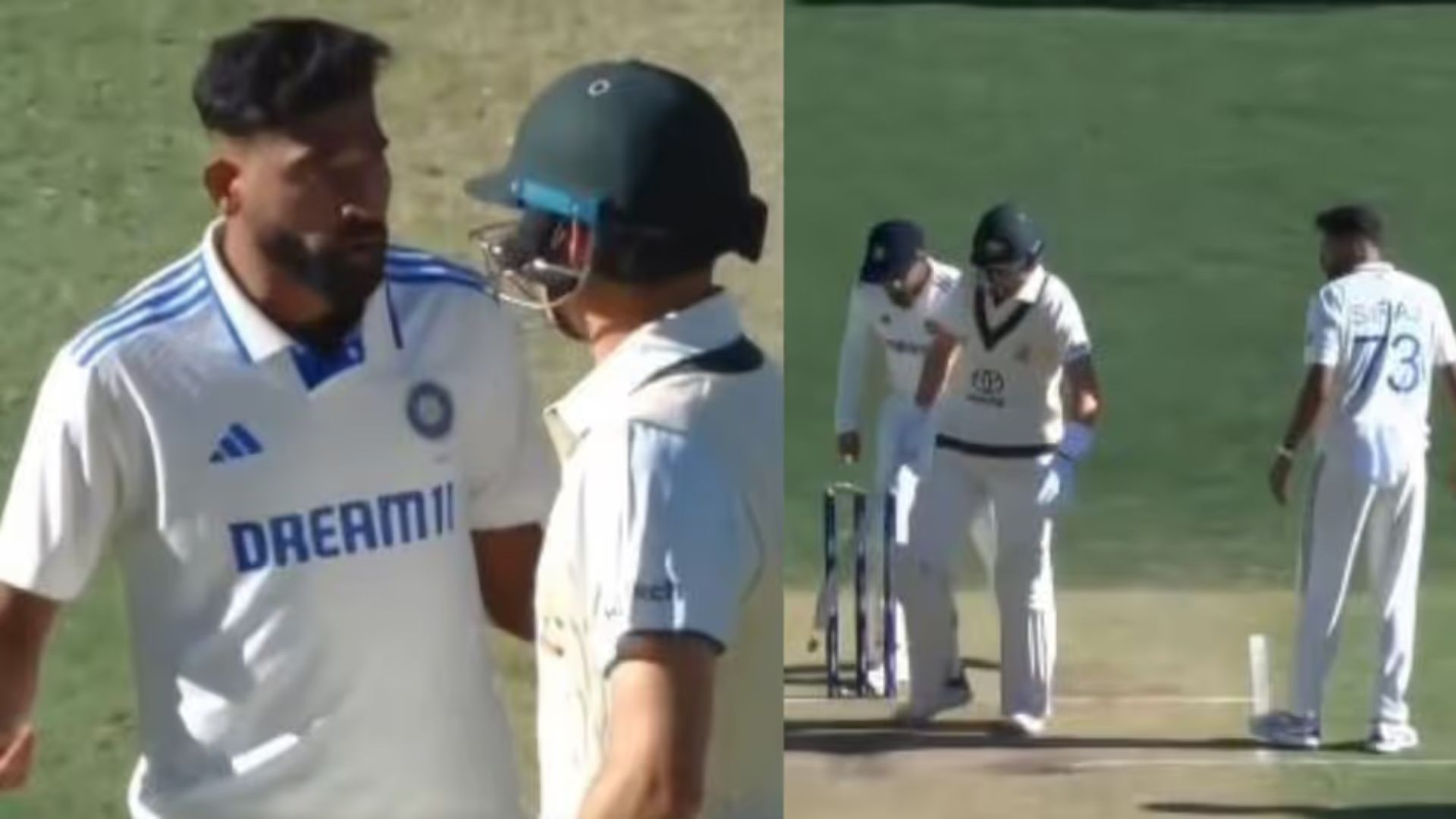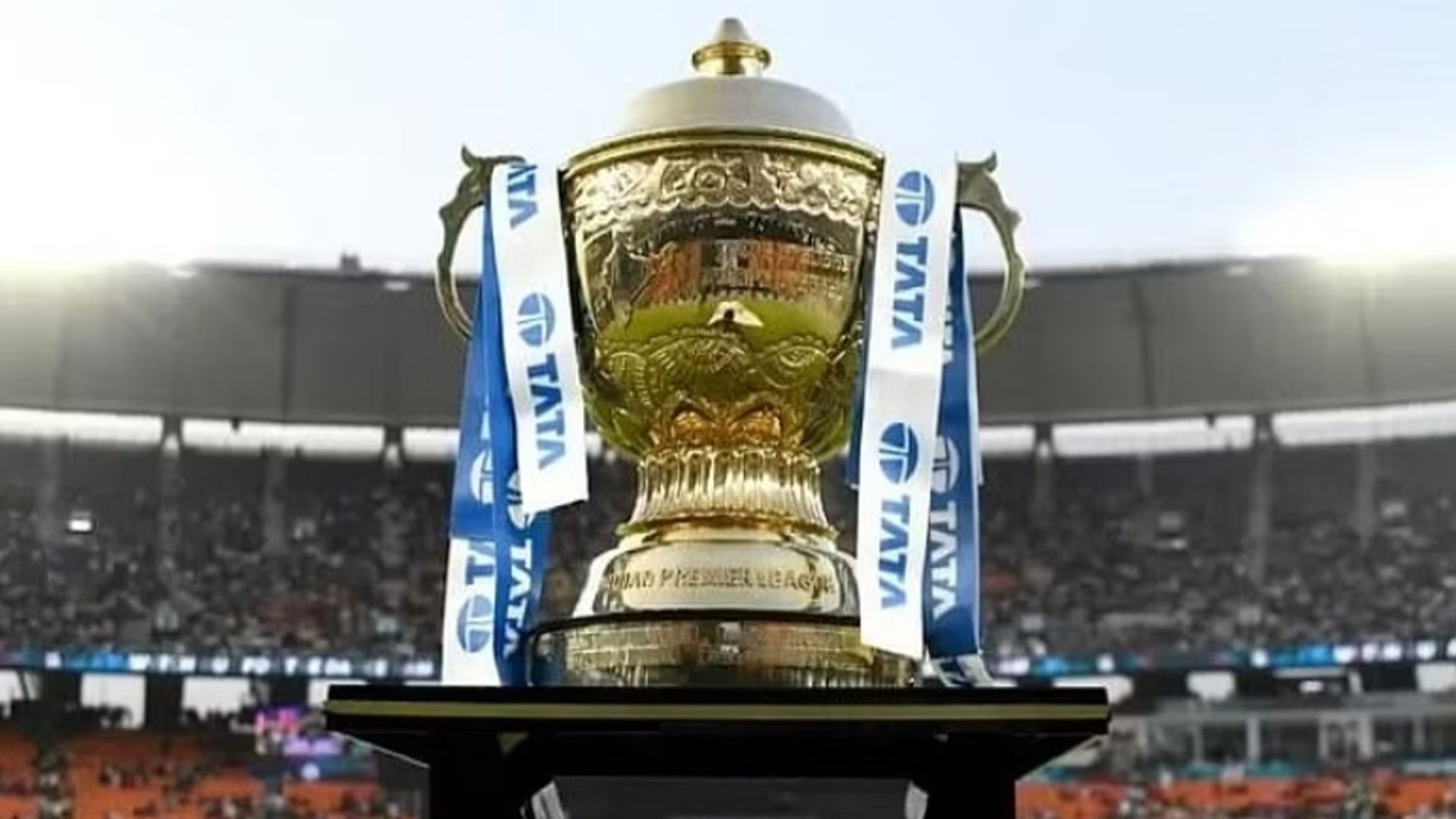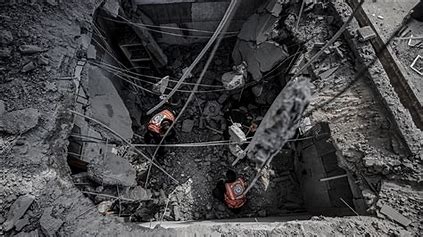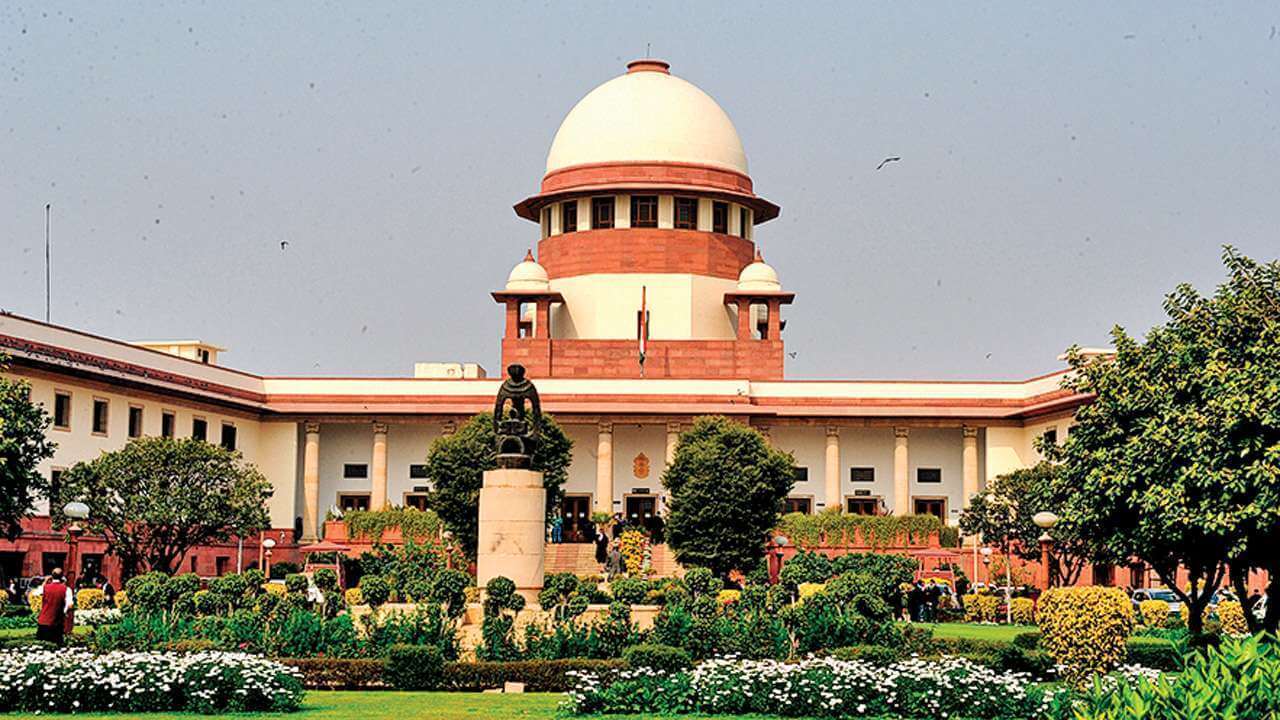
The Supreme Court adjourned the hearing on a bail plea from former JNU student Umar Khalid for two weeks on Friday. Khalid is seeking bail in a case filed under the anti-terror law UAPA, related to his alleged involvement in the conspiracy behind the northeast Delhi riots of February 2020.
A bench comprising Justices Aniruddha Bose and Bela M Trivedi remarked that the matter should be heard on a non-miscellaneous day. The apex court designates Tuesdays, Wednesdays, and Thursdays for matters requiring detailed hearings.
Senior advocate Kapil Sibal, representing Khalid, consented to the proposed scheduling.
Previously, on August 9, Supreme Court judge Justice Prashant Kumar Mishra had recused himself from hearing Khalid’s petition. The Delhi High Court had earlier turned down Khalid’s bail plea on October 18, 2022. The high court cited that Khalid had consistent contact with other co-accused, and the charges against him seemed credible at first glance. The court further stated that the actions of the accused ostensibly amounted to a “terrorist act” under the Unlawful Activities (Prevention) Act. Activists Umar Khalid, Sharjeel Imam, and several others are charged under the anti-terror law UAPA and various clauses of the Indian Penal Code. They are allegedly the “masterminds” behind the February 2020 riots, which resulted in 53 fatalities and over 700 injuries. These riots broke out during demonstrations opposing the Citizenship (Amendment) Act (CAA) and the National Register of Citizens (NRC). Arrested in September 2020, Khalid pursued bail, asserting he played no direct role in the unrest and lacked any “conspiratorial connection” to other suspects.
However, the Delhi police contested Khalid’s bail appeal at the high court, stating that his speech was “strategically planned.” They highlighted his mention of divisive topics such as the Babri Masjid, triple talaq, Kashmir, perceived Muslim oppression, and the CAA and NRC.
